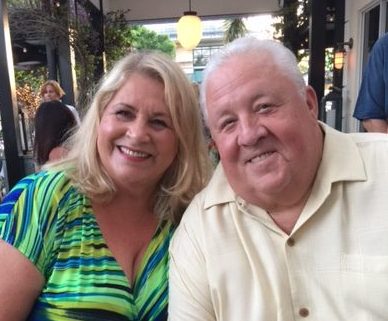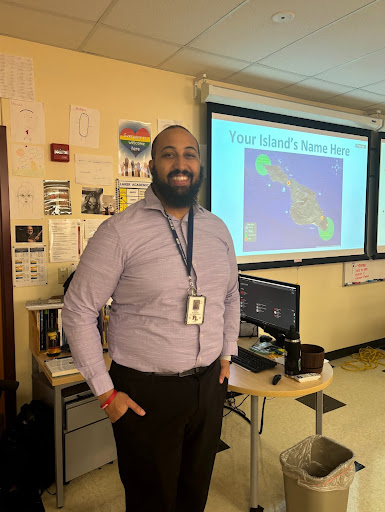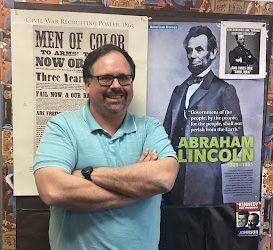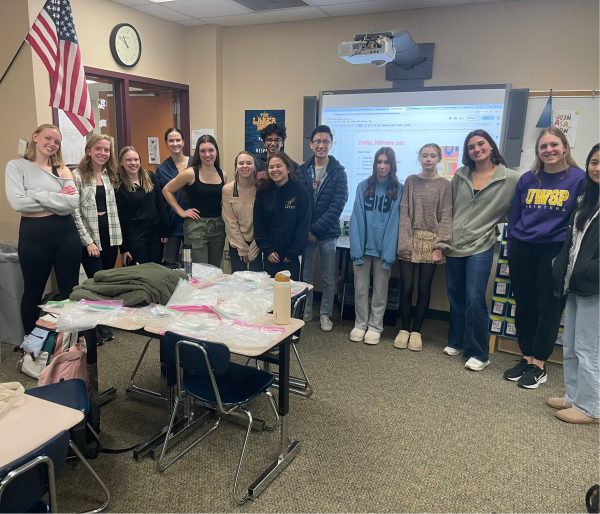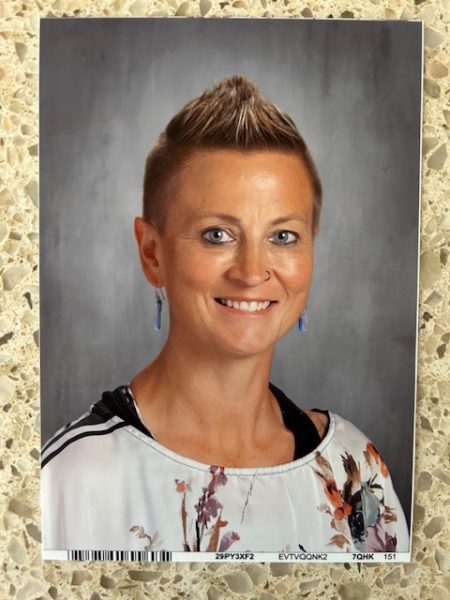Memorial Day Special Feature: Honoring a Vietnam Veteran
As Memorial Day quickly approaches, everyone is excited- students are excited for the end of the school year, most people receive a floating holiday, and hundreds of people get outside to enjoy the nice weather. One activity that a multitude of people forget during this long weekend is to appreciate and remember our military service members who are actively deployed and the members who have passed away.
To commemorate this Memorial Day, The Wave staff would like to pass on an interview by a Vietnam veteran, Greg Harris. This article highlights some of Harris’ most prominent memories and experiences.
Greg Harris, born on January 23, 1947, served in the United States Army from March 1967 to November 1968 and was in Vietnam in 1967 and spent one year in the country. Harris was part of Company B, Second of the 506 Infantry Division, 3rd Brigade, 101st Airborne Division. Upon entering the war effort, Harris started as an 11B, or a rifleman/Army grunt and upon leaving the Army, Harris was a 2nd Sergeant E5. During his time in the Army, Harris was paid $400 a month in addition to $60 for combat and $60 for jumps. With a strong family history in the military, Harris is proud to have served his country and is proud of his time spent in the US Army.
After Harris volunteered to join the Army so his younger brother could go to school, Harris began basic training for 8 weeks, advanced infantry training for 6 months, and spent 6 weeks in jump school. When asked about his first day of training, Harris remembers his training officer asking a life or death question; who had at least an 8th grade education? “Of the 60 people in that room only 10, including myself had at least an eighth grade education.”
Upon completing jump school, Harris and his company were given only 4 days notice before leaving for Vietnam which was far less than the standard thirty days. Before going to Vietnam, Harris claims all of his fellow soldiers were ready to go to combat because most of the soldiers had no other choice other than going and believed the war was going to be like what they saw on TV. The war was nothing like what was depicted on television. Harris spent the first 6 months of his tour in Phuc Vinh and the other half in Shau Valley.
Harris and his company were one of the first troops to arrive in Phuc Vinh, so they had to build all the infrastructure from the ground up. When asked about the biggest difference between America and Vietnam, Harris claims, “It was the smell. Each race smelled different, in addition to the Vietnamese. The smell helped to determine friend from foe.”
While in Vietnam, Harris worked as a Company Clerk since he had experience with a typewriter, unlike the majority of his fellow soldiers. Part of the job description of Company Clerk included filing DD1 certificates daily for the deceased soldiers, dealing with the Court Martials, and documenting awards and decorations. Later on during Harris’ tour, he became the point soldier for incoming troops about how to survive in Vietnam. Since he worked as a Company Clerk, Harris never saw direct combat, but he remembers the events of the My Lai Massacre and the bombings during the Tet Offensive.
After completing his year long tour in Vietnam working as a Company Clerk, Harris returned to Minnesota and enrolled at the University of Minnesota Twin Cities. Harris recalls some people “spitting at me at the airport” and people ridiculing “anyone who wore Army fatigues.”
Harris remains proud of his service for his country, but he claims “the war was 100% of a total waste because there was no way we were going to win.” To this day, Harris remains thankful for all of the skills that he learned while in the military with the most important including survival and brotherhood.
Today, Greg Harris and his wife Kelly live in Florida where they support all kinds of Vietnam War veteran activities. Recently, Harris was diagnosed with Walendstroms, Macrogloblomenia which a non-Hodgkin’s Lymphoma, and Chronic Mylemonocytidic Luekemia (CMML). Both diseases are a result from being exposed to Agent Orange. Currently Harris is getting treated for his CMML and living a fulfilling life.



